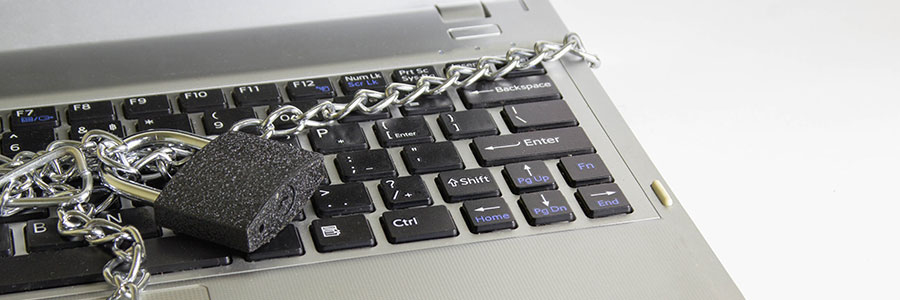What would you do right now if you discover that your business’s database is hacked and a huge number of your customers’ data gets leaked? Speechless, with dismay, but you need to act, decently. In this case, it helps to have a good incident response plan in place, so your business won’t suffer the same fate as Equifax, which is an interesting story we’re about to tell.
Equifax sheds light on incident response
IoT in healthcare: Blessing or curse?

The general rule of thumb of cybersecurity is: Anything that connects to the internet can be hacked. With the increasing popularity of Internet of Things (IoT) in the workplace, every business should be on high alert, especially those in the healthcare industry where patients' well-being hinge on the security of the device.
Microsoft’s latest patch fixes critical Windows security issues

Every month, Microsoft releases a large number of fixes and improvements for Windows. The latest August patch includes fixes for 48 vulnerabilities, with more than half listed as critical. If you’re a Windows user and your desktop is due for a software update, here are the essentials you need to know.
Locky-type ransomware is attacking systems
Mac malware goes undetected for years
5 ways to protect your IoT devices

Just a few years ago, smart appliances seemed like novelty products for rich business owners. Now, the Internet of Things (IoT) has become a viable solution for putting your business ahead of the curve. But whether it’s a smart fridge or a surveillance camera that connects to your phone, IoT devices should be treated and secured just like any computer in a network.
Microsoft’s protection plan for Windows 10

Microsoft has created new security features for Windows 10 users. This update is a response to the global outbreak of ransomware attacks such as WannaCry and Petya. While this patch shouldn’t be a substitute for antivirus software and data backups, Microsoft does think its new features can help people defend against current and future threats.
MR to be removed from Google search

If you imagine medical records as being stored in a cabinet somewhere in your local hospital, think again. Until quite recently, medical records were publicly accessible via Google. In an effort to prevent cybercriminals from capitalizing on these resources, Google has removed sensitive medical records from appearing in search results.




